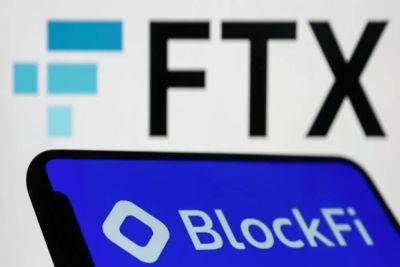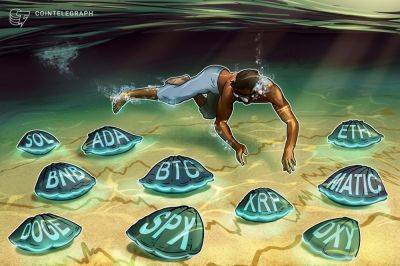Starknet moves closer to EVM compatibility with upcoming ‘Kakarot’ testnet
Starknet, a zero knowledge layer-2 scaling solution for Ethereum is one step closer to becoming fully Ethereum Virtual Machine (EVM) compatible pending an August testnet launch of Kakarot, a new zkEVM.
On June 3, the Kakarot team announced it had received new backing from Ethereum cofounder Vitalik Buterin, Ledger co-founder Nicholas Bacca and Starkware.
We have powered up and entered Super Saiyan mode⚡. Kakarot Labs has officially been incorporated and closed a pre-seed round with top-tier investors.Let’s unpack our vision, current standing, and the exciting future ahead. pic.twitter.com/VI8QRdPLfw
In an interview with Cointelegraph, Kakarot CEO and Co-Founder Elias Tazartes explained that while Starknet stands as a leading Zero Knowledge roll-up in the Ethereum ecosystem, it's not EVM compatible, so there’s “kind of a barrier to entry.”
Starknet is used by developers to scale decentralized applications, transactions and computation on Ethereum, but uses its own native language Cairo. According to Starknet, the use of Cairo makes it easier and faster to develop, review and maintain new code.
The downside is that it isn’t EVM compatible, which could dissuade some developers.
“Kakarot right now is like a Solidity or any language engine. Eventually you will be able to put that engine within Starknet to make it EVM compatible.”
At present, Starknet runs its own custom smart contract Virtual Machine dubbed “Cairo VM” that leverages its native coding language Cairo. This means that Starknet doesn’t have direct EVM compatibility out of the box, something that could prove to be a significant hurdle for overall rollup performance.
“Some teams really need to be able to use Solidity. For example, if someone wrote a DEX or an AMM for
Read more on cointelegraph.com




















